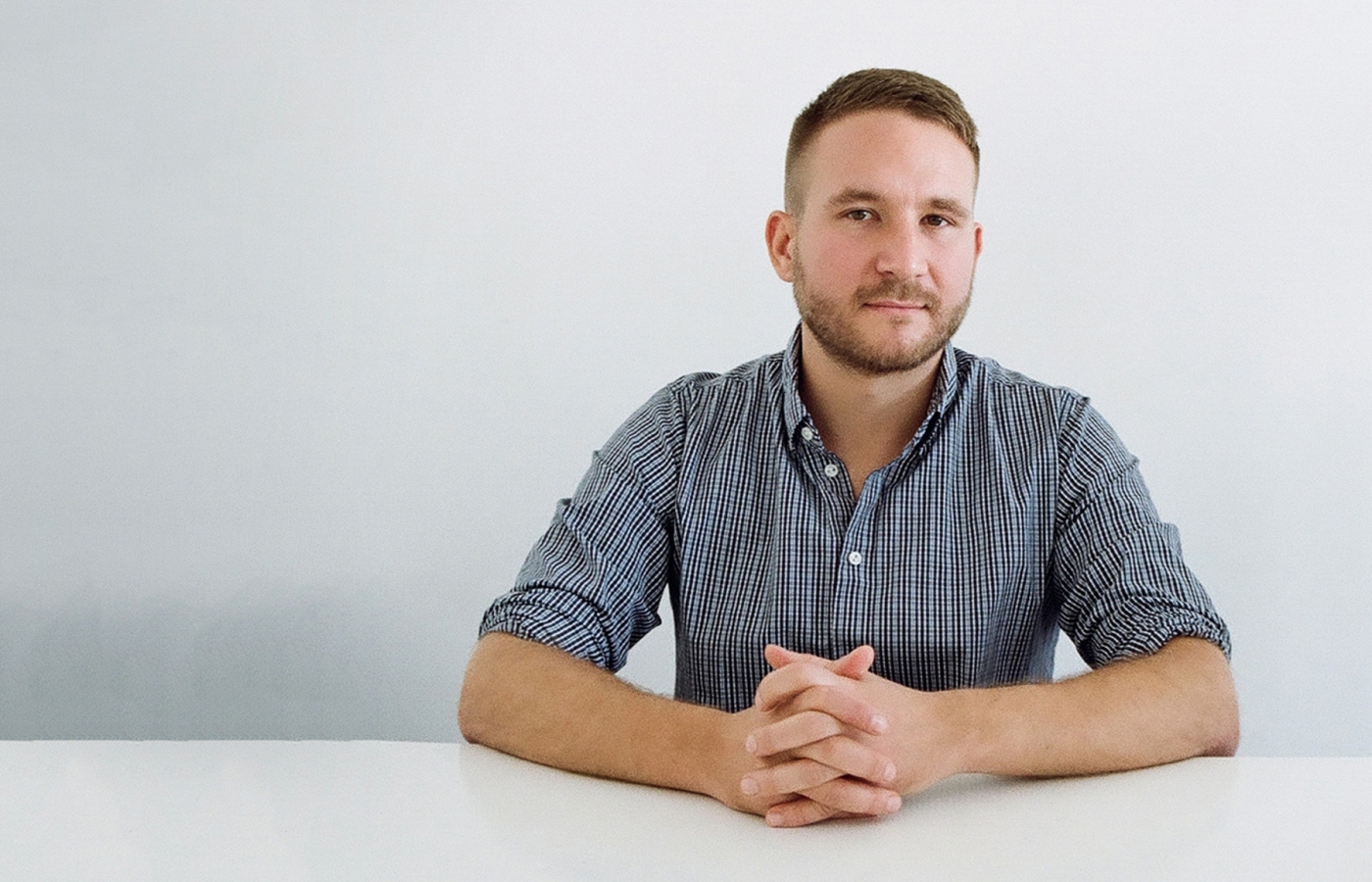Christian Titze is Business Director at Edenspiekermann LA.
Long working hours are something that have long been taken for granted in the creative industry. In your experience, is this still the case and do you expect this to change in the future?
It’s still the case. But at the same time we’ve seen quite some changes in the last years. “Creative industry” is a term that bundles a couple of different sectors with different characteristics, so we have to differentiate a bit: ad agency staffers are probably still working the longest for their money. When it comes to digital agencies and especially branding and design firms, I’ve been noticing a lot of discourse and improvements.
Discussions about worklifebalance and tools like compensation days or home office have for sure been getting louder. In Europe – more often than in the US – you’ll find a lot of young talent addressing these topics in the first round of their job interviews.
Many industry decision makers are quick to blame this purely on Gen Y entitlement. But the trend is at least equally driven by competition. A few years ago, if you were a creative coder, designer or brand consultant, there was only one way to make a decent living and work on awesome projects: enter the agency world and play by its rules. Today, all of us could easily find a job in a corporation, a startup or a nonprofit, too. If we want to, we can find a job that is creative and fun and won’t burn us out.
Agencies are definitely understanding, that they are not the only creative playgrounds anymore. And of course, this general trend has not only been influencing our portfolios, but also the environment and conditions we’re creating for our staff.
How important is sustainable work / life balance in an agency environment and why?
Agencies are forprofit companies. In the best case scenario they make a profit because they can sell outstanding creative work to their clients.
I personally believe that a prerequisite for achieving creative excellence is not being under pressure all the time and not working around the clock. If we have enough time and mind space to actually experience the world around us, we will certainly be better at ideating, consulting or designing. We need to ensure that we have people that continue to inspire themselves, their colleagues and our clients.
Working sustainably for us also means fewer talented people leaving us in the long run. In our everchanging industry agencies are acting more and more as longterm creative consultants to clients asking the question of how to treat people to not lose them has therefore become essential for our business success. At Edenspiekermann we have not spent any money on recruiters in the last year – we have invested this money rather into our people.
Do you feel it is possible for staff to produce great work while maintaining ‘regular hours’ and how?
It’s definitely possible, but it for sure is hard work. In an industry that is known for it’s trial and error inefficiency, while simply “cutting a few hours” might have a positive effect on staff morale, if overall processes don’t change it won’t produce the same quality of work anymore.
The most important thing to understand is that we can’t upend an industry that long equaled passion with selfabandonment without the help of our team members. If we want everybody to leave on time every day, we can’t achieve this without our senior staff setting a positive example and striving for efficiency.
Cultures of endless reviews need to be broken. Teams need to be empowered to manage themselves. Meetings need to be efficient – or some can maybe dropped after all.
I expect my senior staff to be role models for work that is great and sustainable – I don’t appreciate martyrs.
How do you get clients on board to sustainable working methods?
I have not yet been in a situation where a client has reacted negatively to us protecting our teams’ wellbeing and productivity.
Clear communication is key. And for this we need talented people who act as confident and competent interfaces to our clients. Our everyday challenge is to make our clients understand that we’re on their side, and that we work in a sustainable way in order to deliver them the best possible results.
And to be clear: let’s not confuse sustainability with dogma. Of course we sometimes work overtime to make tight deadlines happen. Of course some meetings run longer than expected and mess up our schedules. It is about making sure that our staff and our clients understand that we value their commitment to us – by making sure that there’s a healthy balance between that commitment and our private lives. We respect each other and our time.
